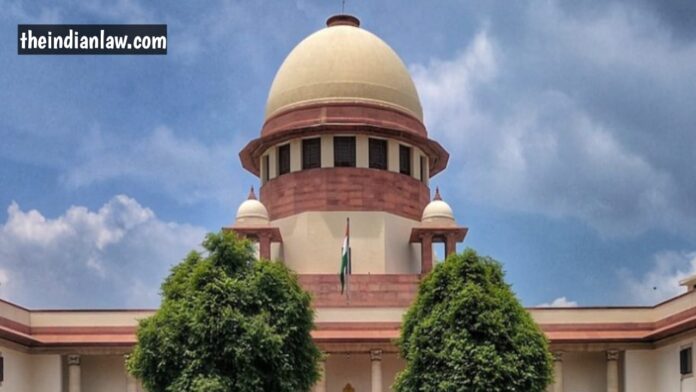The Supreme Court has recently reiterated the mandatory requirement under Section 68 of the Indian Evidence Act, 1872, that at least one attesting witness must be examined to prove a Will, irrespective of whether there is any dispute among the legal heirs regarding its validity.
📌 Key Highlights of the Judgment:
- Section 68 Evidence Act – Mandatory Provision
- Section 68 lays down that if a document is required by law to be attested (like a Will), it cannot be used as evidence unless at least one attesting witness is called to prove its execution.
- No Exception Even in Undisputed Cases
- The Court clarified that the requirement is not dependent on the presence of a dispute among legal heirs.
- Even when all legal heirs accept the Will, the statutory mandate of proving it by examining at least one attesting witness cannot be bypassed.
- Role of Attesting Witness
- The attesting witness confirms that the testator (the person making the Will) signed the Will voluntarily and in a sound disposing mind.
- This ensures authenticity and prevents future disputes or fraud.
- Court’s Observation
- The Supreme Court held that a Will, being a special document under the law, requires strict compliance with statutory requirements.
- Relaxing the rule just because heirs are not contesting may set a dangerous precedent and dilute safeguards against misuse.
- Practical Impact
- Parties producing a Will before the court must ensure that at least one attesting witness is examined.
- If no attesting witness is alive or available, alternative legal provisions (like Section 69 Evidence Act) must be followed to prove the Will.
⚖️ Why This Ruling Matters
- The judgment reinforces the importance of procedural compliance in succession cases.
- It prevents misuse of Wills and protects the intention of the deceased by ensuring genuine execution.
- Even in uncontested succession cases, courts will not presume validity unless the statutory requirement of examining a witness is fulfilled.
✅ Conclusion:
The Supreme Court has made it clear that proof of a Will under Section 68 of the Evidence Act is a mandatory requirement and cannot be waived even if there is no challenge from the legal heirs. This ruling strengthens the legal safeguards surrounding Wills and ensures that the last wishes of a person are carried out with authenticity and fairness.


